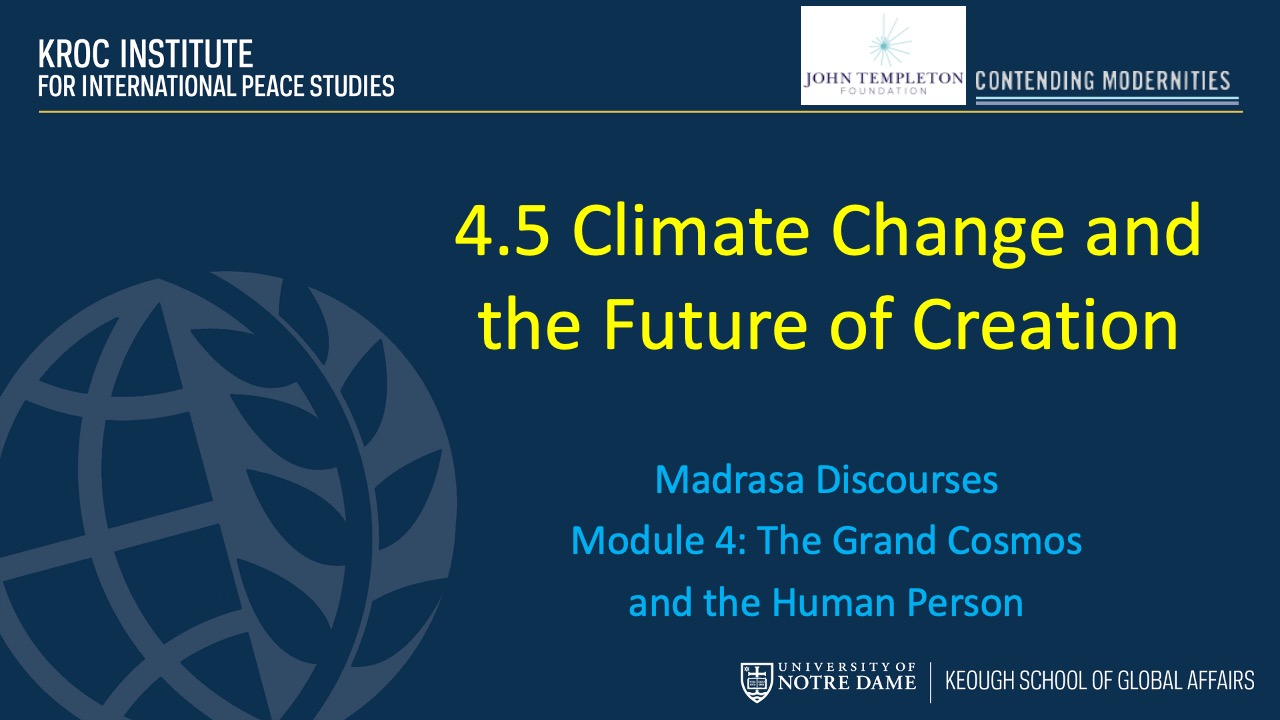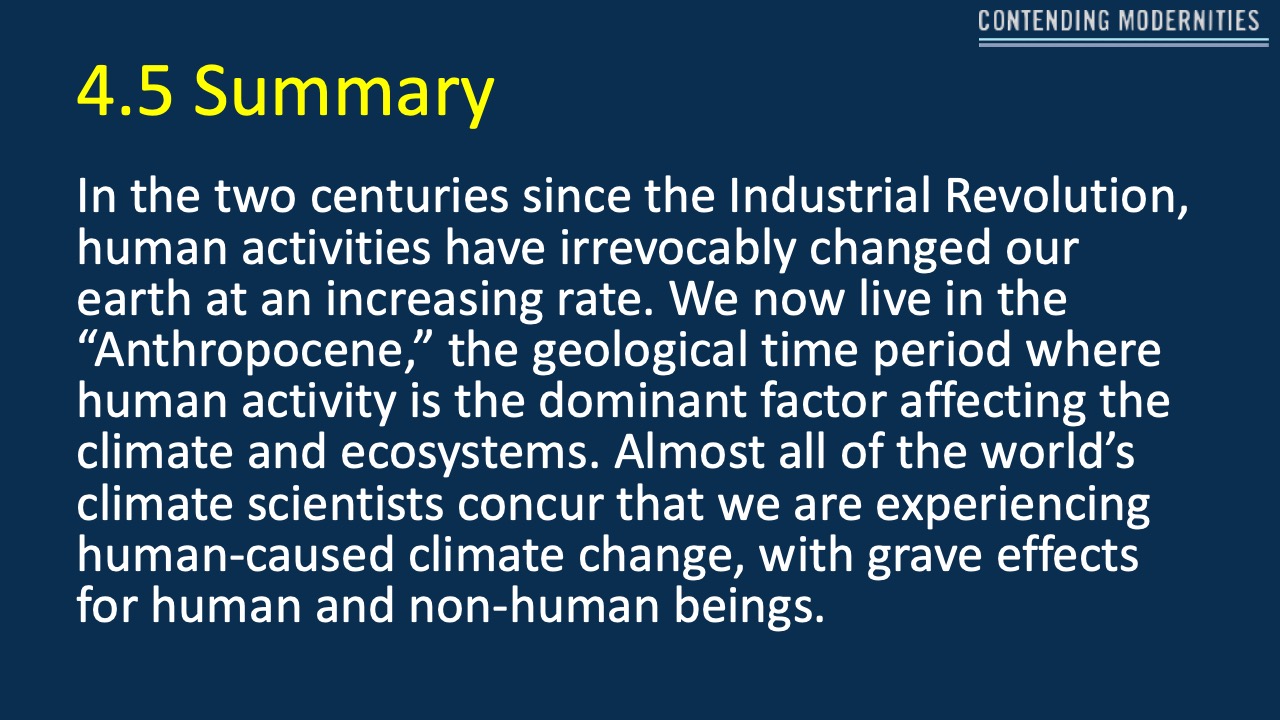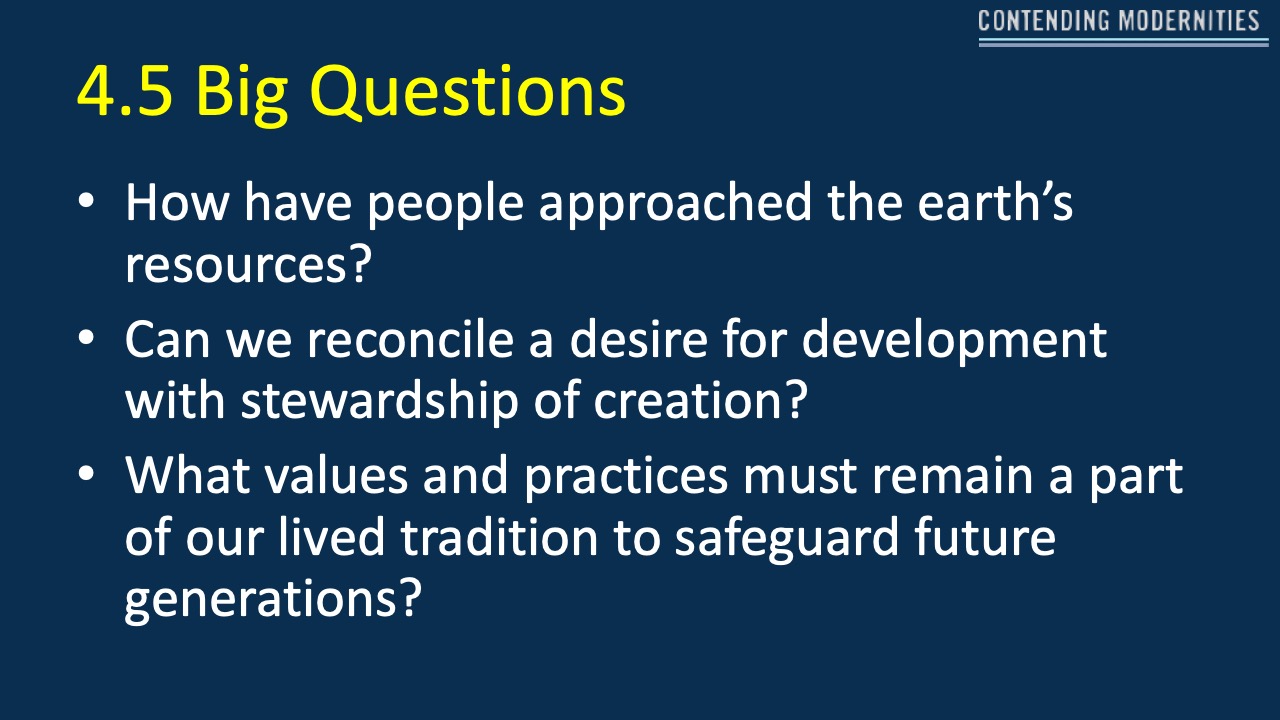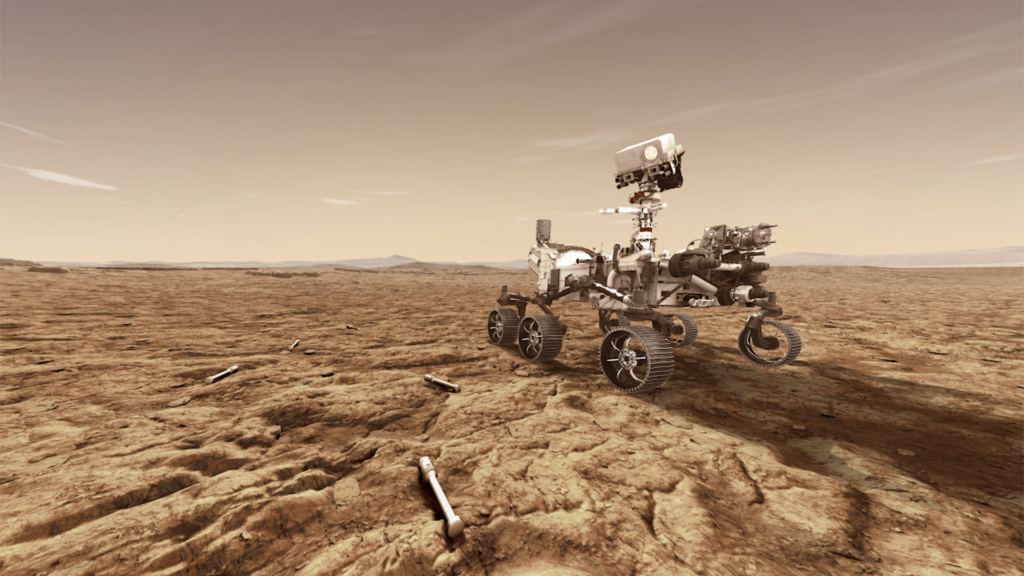
Artist Rendition of Mars Rover: NASA.
The rhinoceros. Giraffes. Panthers. These creatures are on the cusp of extinction. Bee and other pollinator populations are in sharp decline. We are causing the “sixth extinction,” a mass extinction during the Anthropocene—the period during which human activity has been the dominant influence on climate and the environment. This mass extinction is linked above all to human agriculture and to climate change.
Of course, it is not only non-human lives that are at stake, but ours as well. Crucially, the most vulnerable among us will be most affected, unable to protect themselves economically from the global changes already sweeping the earth. If things continue apace, within the century entire island nations will sink under the salt waters. Droughts and desertification, exacerbated by political and social instability, have spurred millions of people to migrate so they may feed their families. Storms have increased in severity, and wildfires become more common.
Yet even as evidence fitting the theory of human-caused global warming keeps adding up, politically not enough has been done. Some states, such as the USA, are embroiled in national-level debates about the validity of science. Even leaders who recognize the dangers of climate change are constrained by the severity of the lifestyle changes required. In wealthy communities, this would mean higher costs and drastically reduced consumption. In poorer communities, it might mean a curtailment of the dominant path to prosperity—at least the path taken by now-industrialized countries in the West.
This section builds upon the modules on science and tradition, for it is necessary to understand how science operates to be able to distinguish authoritative and well-founded postulations from un-grounded rejections and non-science. Likewise, if tradition is a long rope with many strands, we may draw upon a long history of lived practice and scholarship to determine what direction the embodiment of tradition should take into the future.
This leads us to our questions.
Have certain readings of tradition been involved in permitting, or even justifying, the damage to our ecosystem? How should we view our relationship with creation in light of Islamic tradition? What are our responsibilities to ourselves, one another (particularly the most vulnerable), and the living and non-living elements of creation around us? What values will we pass on to our children and far descendants to guide the stewardship of the future?
Key Terms:
- Anthropocene
- Climate change
- Global warming
Thumbnail: Artist Rendition of Mars 2020 Rover with sample tubes. Image Credit: NASA/JPL-Caltech. Public domain.
Learning Materials:
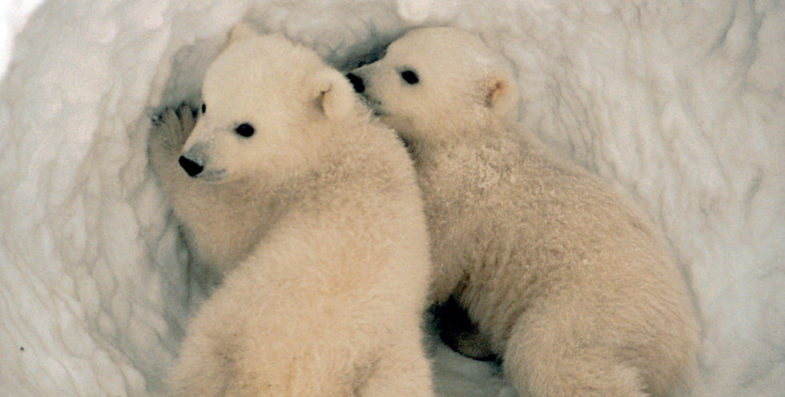
4.5.1: Understanding the Science of Climate Change
Climate change is causing irreparable harm to creation. What do we know about it? (USFS/"Polar bear cubs")
Read More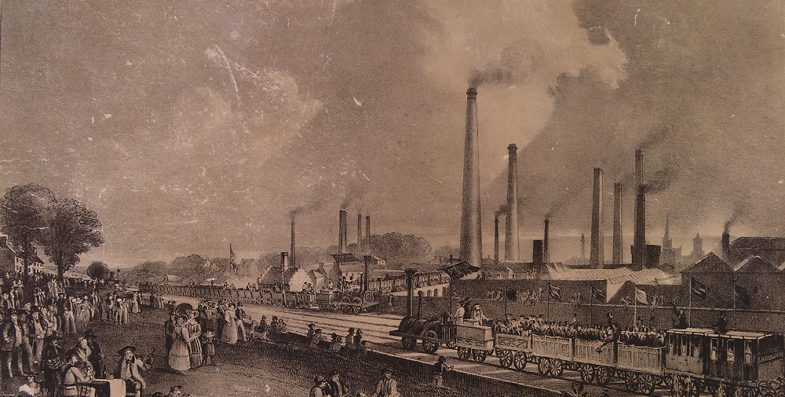
4.5.2 Climate Change: Who Is to Blame?
Who should be responsible for the cost to address climate change? (D.O.Hill/"St. Rollox Chemical")
Read More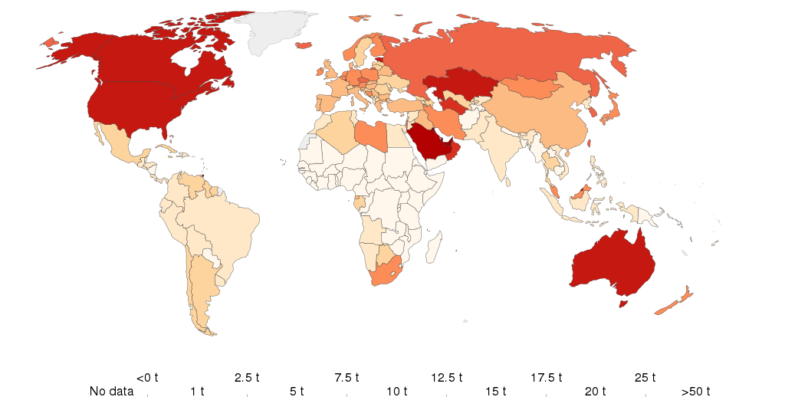
4.5.3 Evolving Climate Consciousness
The economic grievances related to climate change run deep, but Muslim-majority countries are very worried too. (Our World in Data/"C02 Emissions")
Read More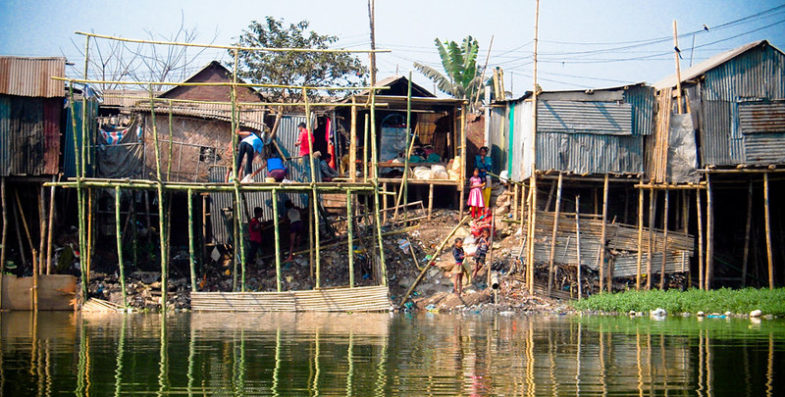
4.5.4: Community Adaptation and Global Inaction
As states argue over who should pay to limit global warming, local communities are already adapting to disruptive change. (University College London/"Stilt Houses")
Read More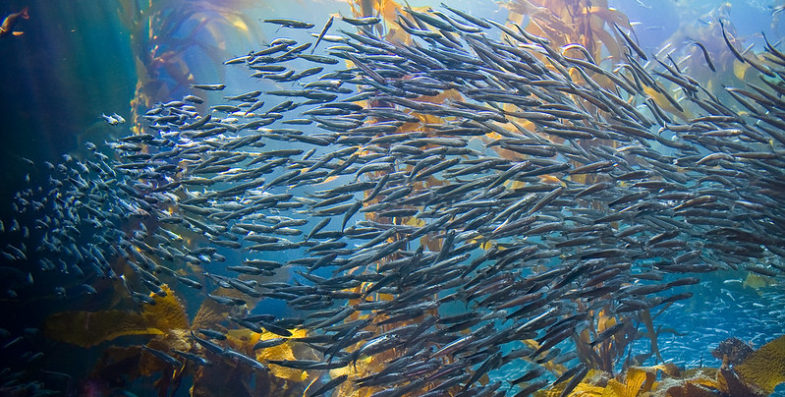
4.5.5 Muslim Poetics of Nature
If humans are God's vicegerent on earth, are we humans breaking our covenant with the Divine through our current treatment of nature? (Oliver.Dodd/"Kelp Forest")
Read More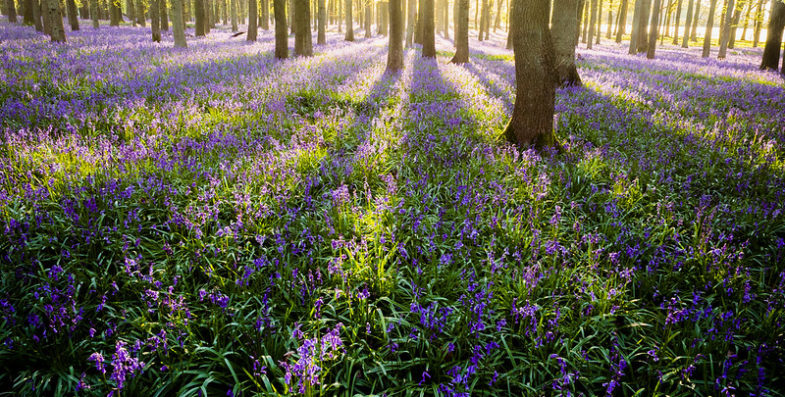
4.5.6 Islamic Model for Environmental Stewardship
When one hurts a bird or a plant, he or she is silencing a community of worshippers. (Richard Walker/"Morning Bluebells")
Read More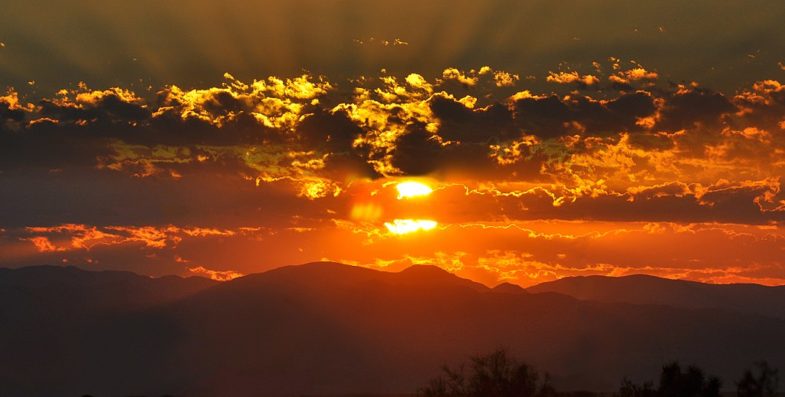
4.5.7 The Future of Humanity
What lies in store for the earth, and for our species? (Jessie Eastland/"Mojave sunrise")
Read More

